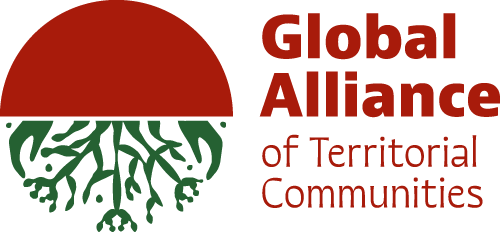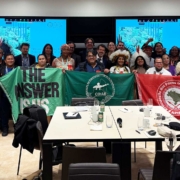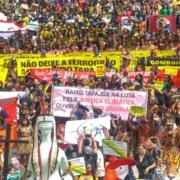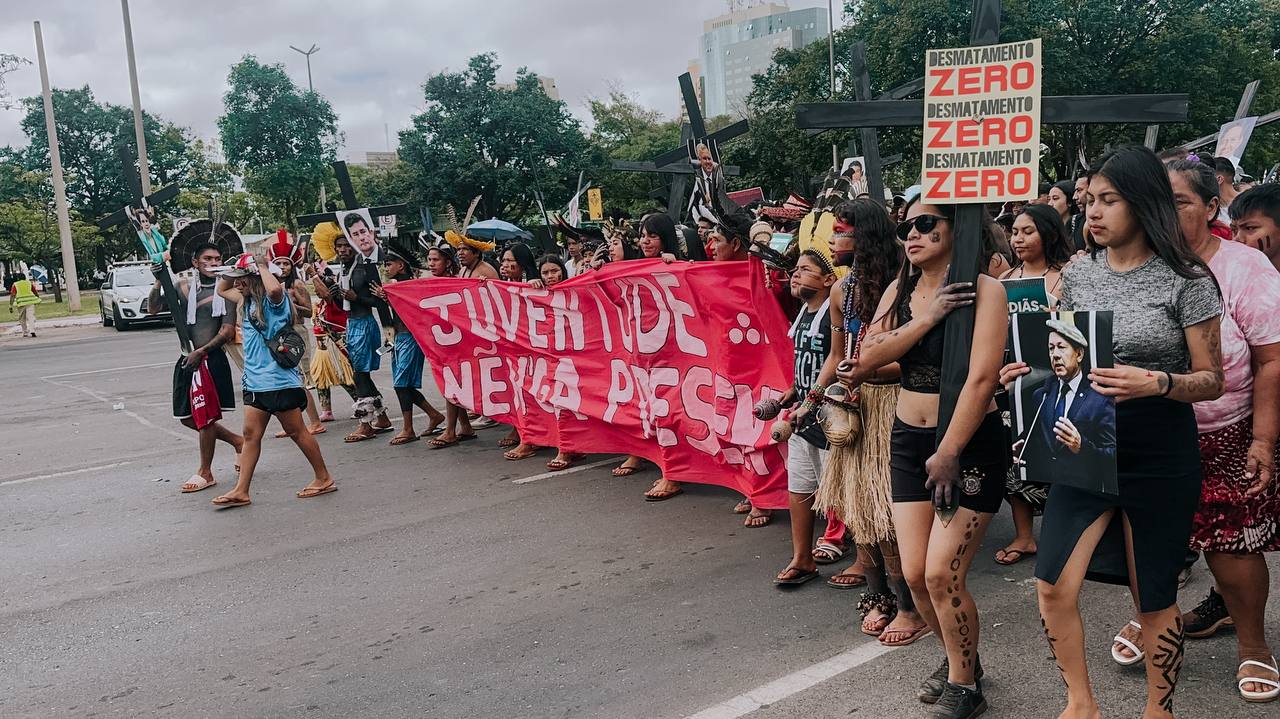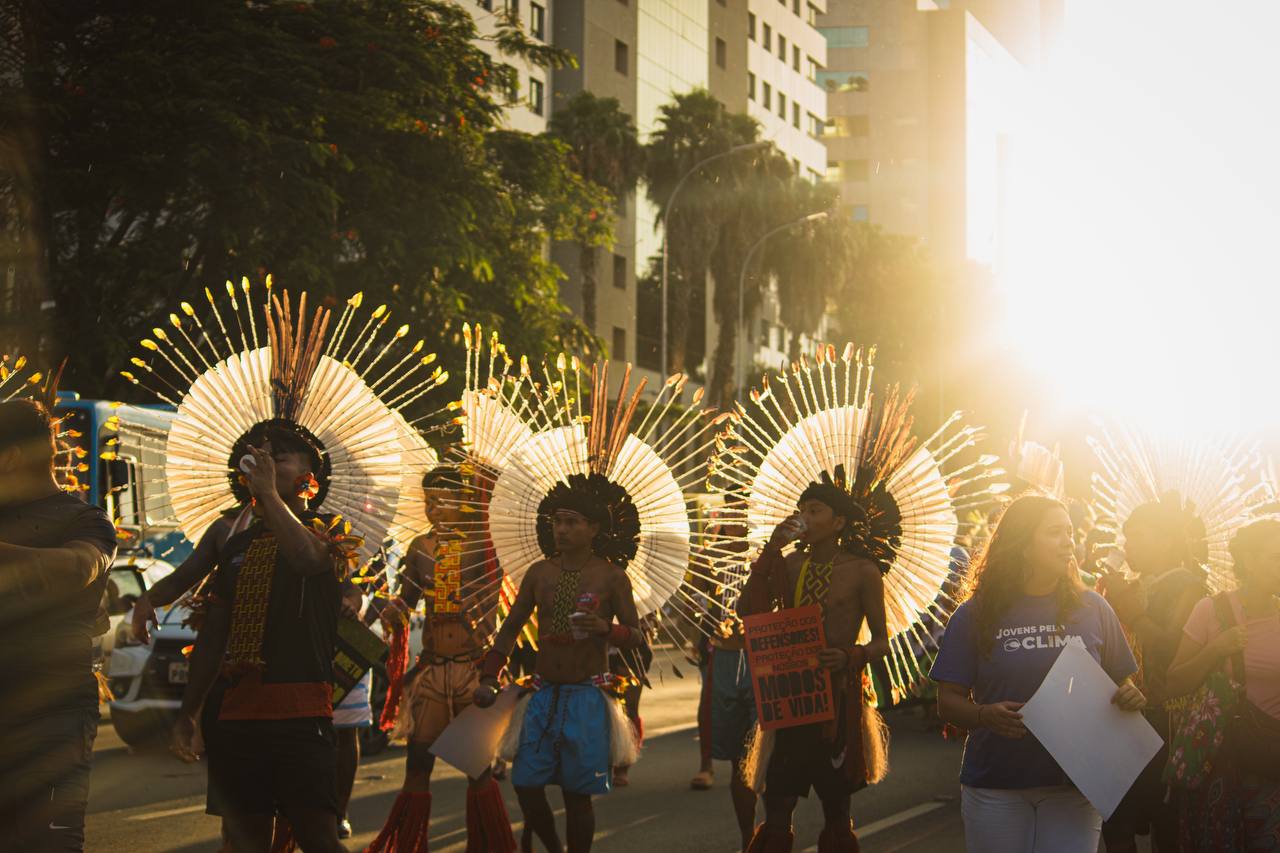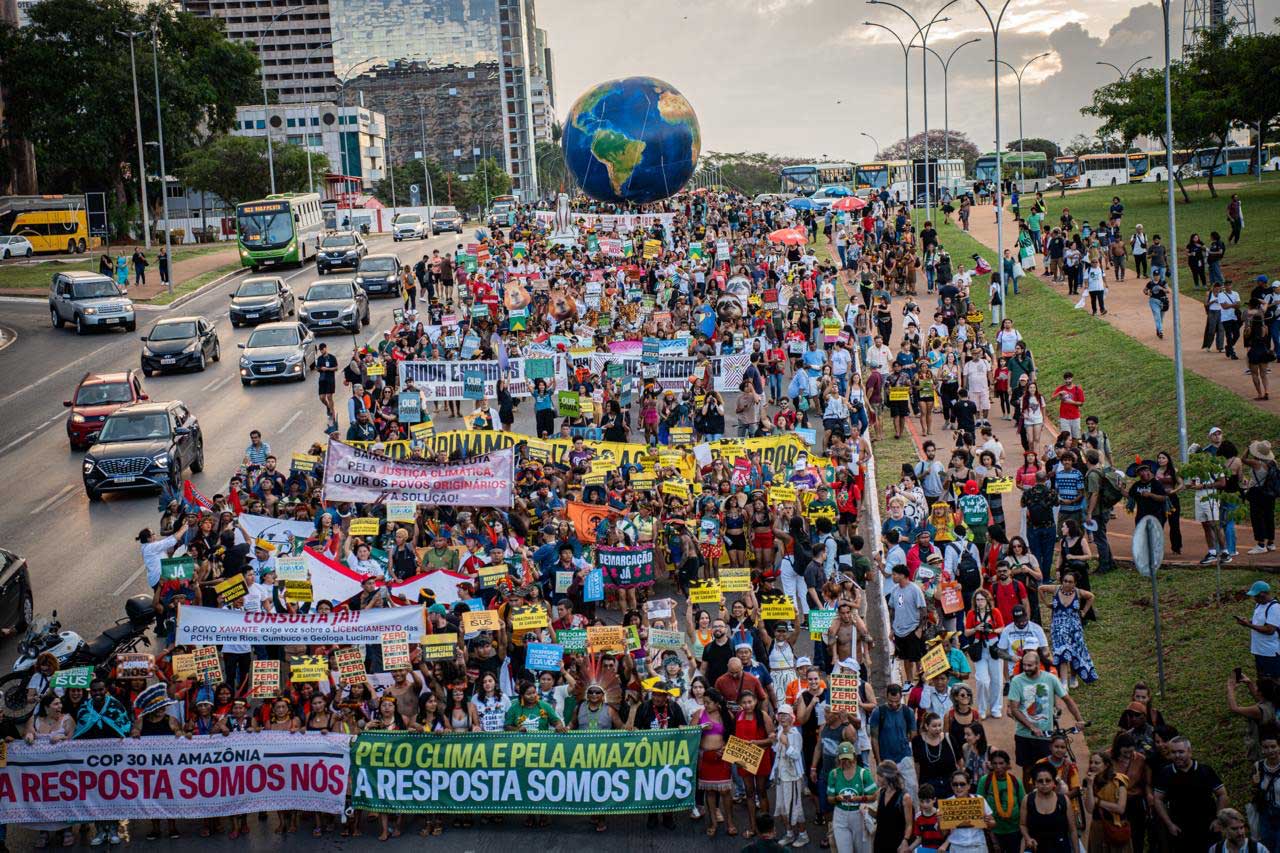Public Statement on GATC participation at TFFF
The Tropical Forests Forever Fund (TFFF) is a new proposed international fund designed to generate sustainable revenue flows for forest conservation in tropical forest countries. The proposal by the Government of Brazil aims to capitalize a significant amount of resources through loans from donor countries and private capital markets, using the interest generated to reward countries for preserving their forests. These payments would be performance-based and would not involve the creation or commercialization of carbon credits. The TFFF Secretariat proposes that at least 20% of these resources be allocated to Indigenous Peoples and Local Communities (IP&LCs).
As the Global Alliance of Territorial Communities (GATC), we reaffirm our commitment to a territorial agenda built from the ground up, governed by our territorial authorities and oriented towards the wellbeing of our peoples. One of our core priorities is to influence the transformation of national and international investment and cooperation towards a direct territorial investment approach, grounded in rights, self-determination, and results for our territories. This vision is embedded in our global advocacy and governance strategy: the Shandia Platform, which connects regional funds including the Mesoamerican Territorial Fund – FTM (Mesoamerica), the Indigenous Fund “Jaguata” (Brazil), the Territorial Fund – Nusantara (Asia), and the Territorial Fund for Indigenous Peoples and Local Communities of Central Africa – REPALEAC (Africa). Our funds, led by the peoples and communities themselves, manage resources with cultural relevance, a territorial approach, and self-determined governance.
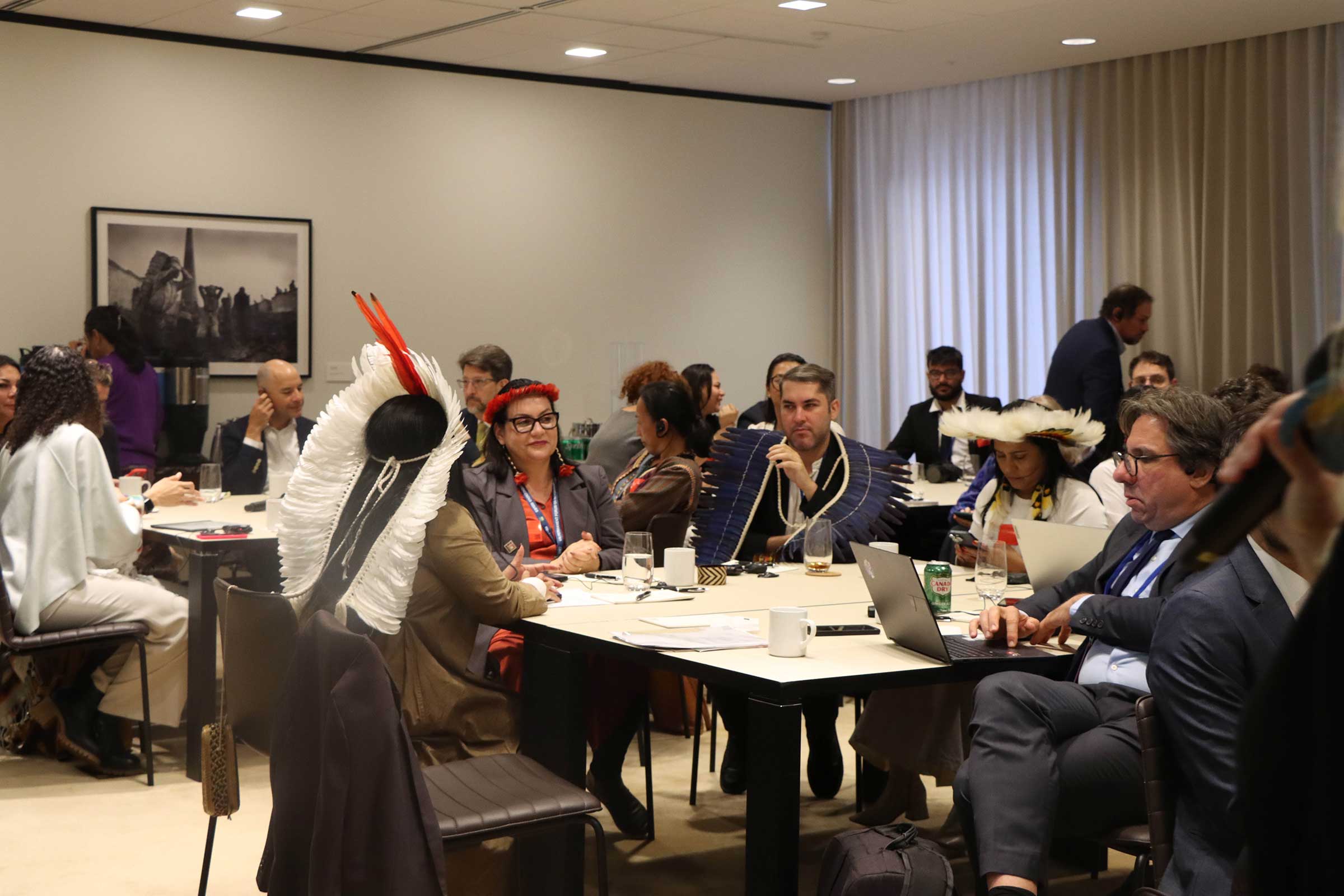
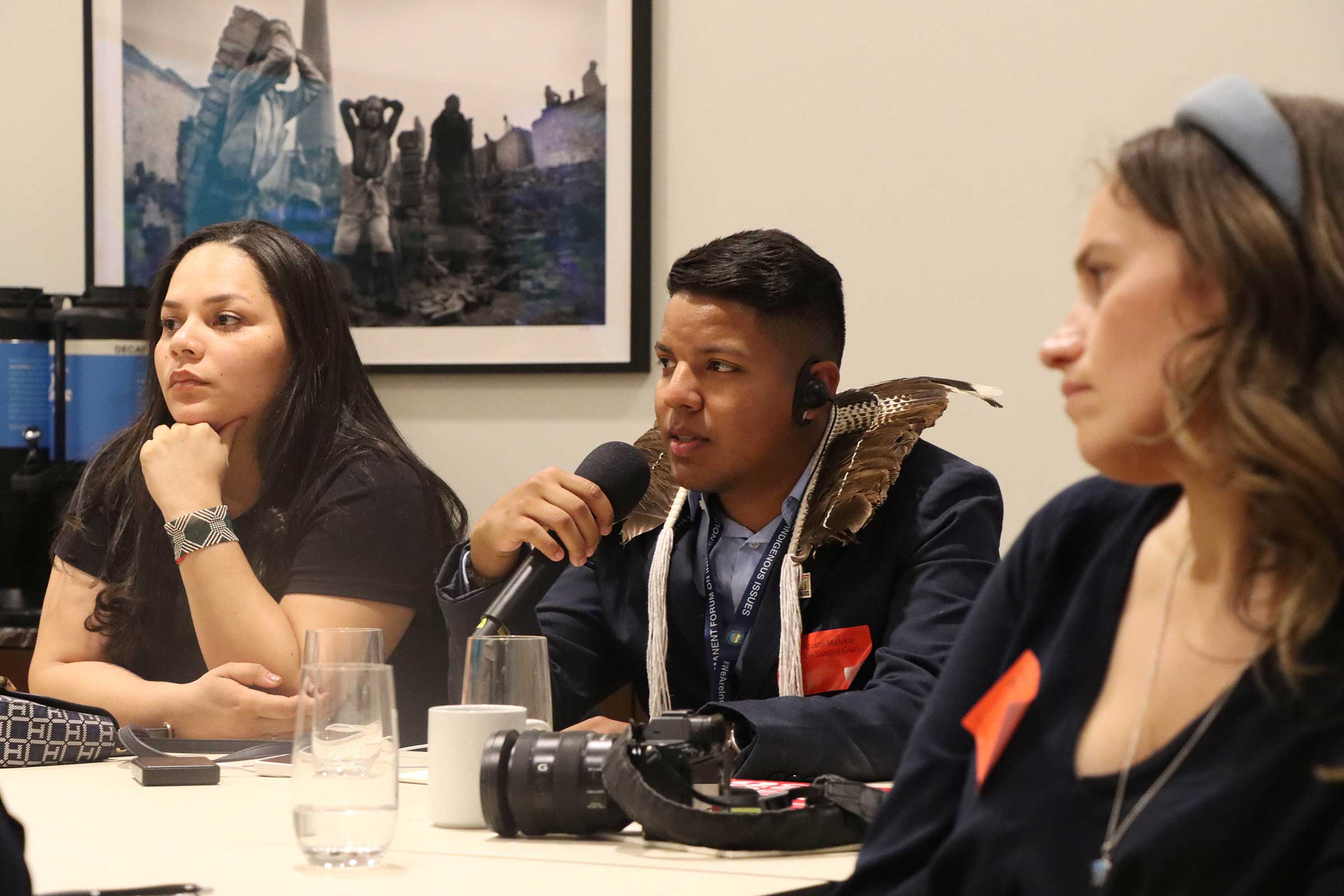
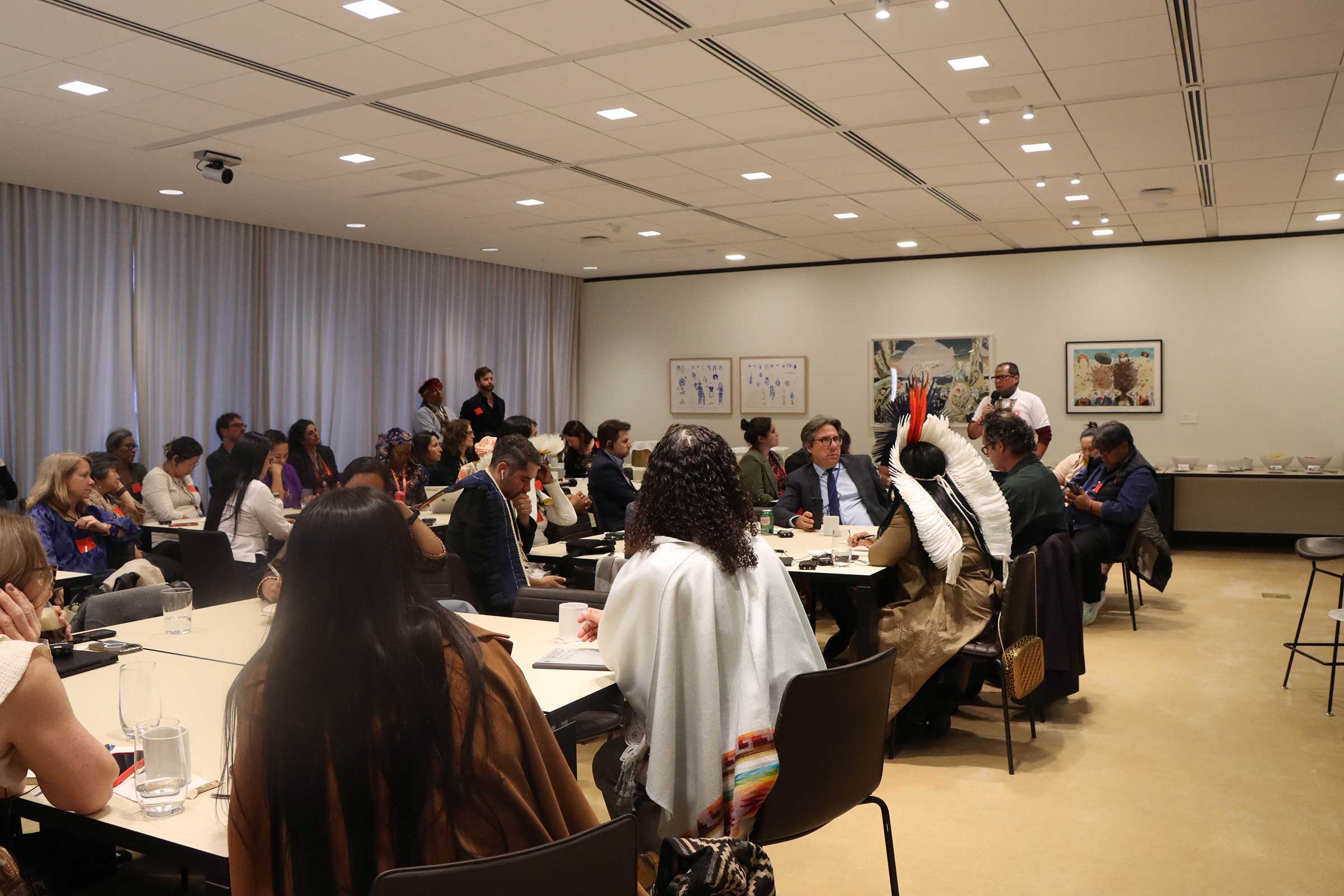
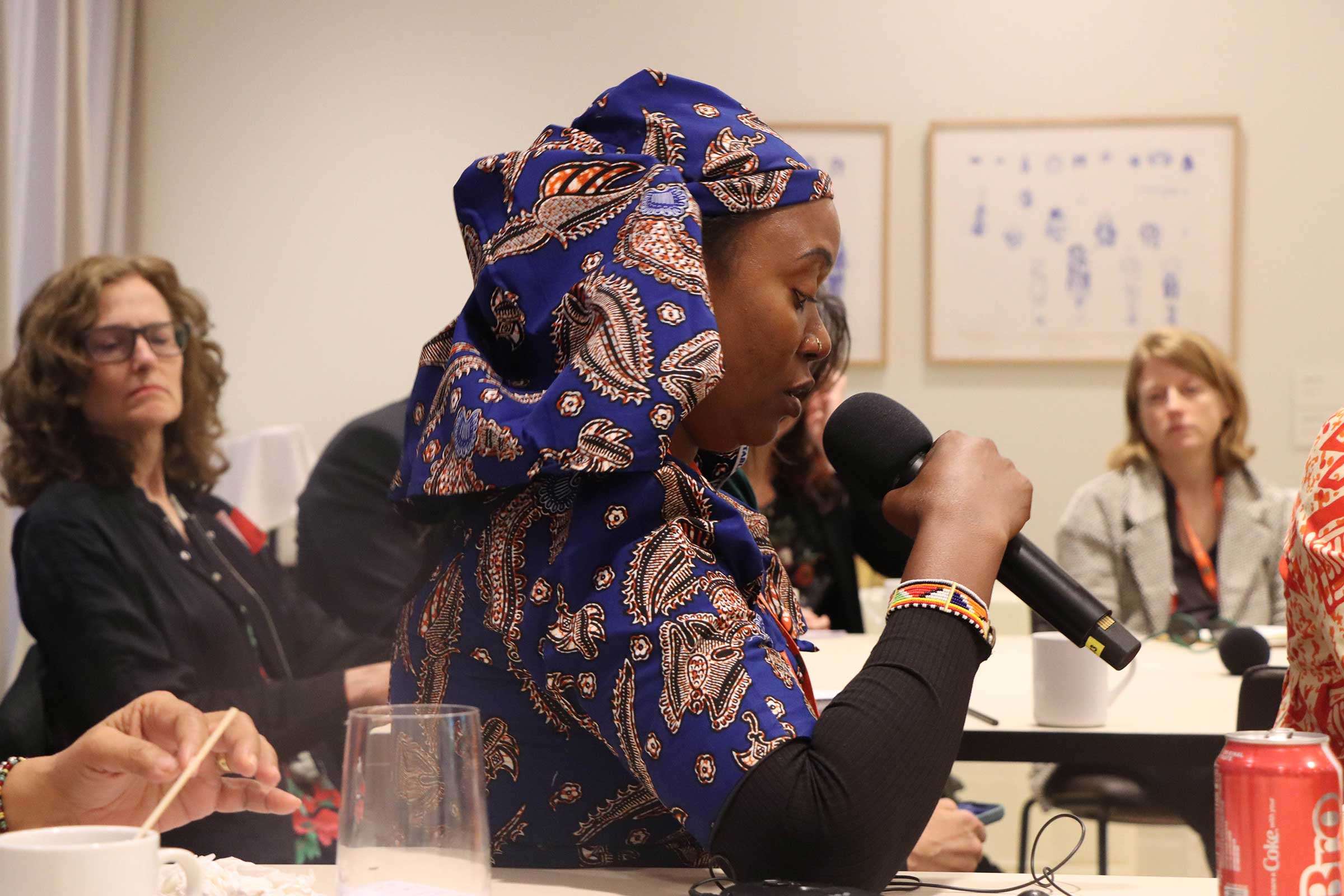
With this clear commitment to our peoples and communities, we join and proactively support the TFFF initiative led by Brazil, which has appointed the World Bank to support its design. We are particularly interested in influencing the mechanisms that will govern the allocation of the 20% of resources designated for IP&LCs, to ensure that Indigenous Peoples and Local Communities play a meaningful role in the governance of the fund and that these financial flows reach those who protect the tropical forests directly, effectively, and in culturally appropriate ways.
The GATC sees the TFFF process as a key political opportunity to transform the international financial architecture to ensure fairer and more direct access to climate finance for Indigenous Peoples and Local Communities. At the same time, it is an opportunity to strengthen our territorial funds and elevate direct territorial investment as an effective and scalable solution, rooted in our governance systems and development visions.
The co-design process for the IP&LC mechanism will be inclusive and open to networks beyond the GATC. We aim for it to be as participatory and inclusive as possible. This will include a listening session during the United Nations Permanent Forum on Indigenous Issues (UNPFII) in April, and a global dialogue at the Global Summit of Forest Basins in Brazzaville, Republic of Congo, at the end of May. A Global Steering Committee will be established, with representatives from major Indigenous and community networks in Asia, Africa, and Latin America.
